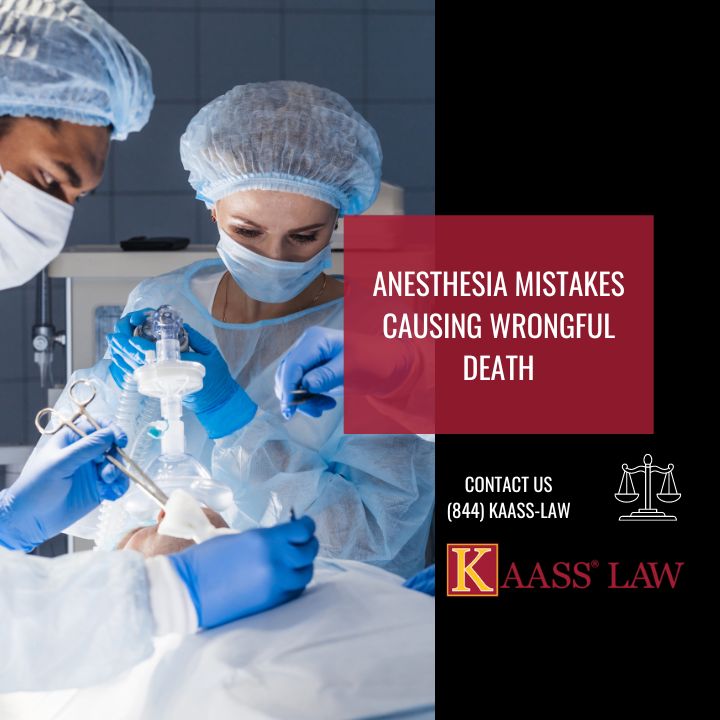Anesthesia is a vital technique in the realm of contemporary medicine that enables patients to undergo surgical procedures without pain or added stress. It is a medical marvel that has elevated medical care standards and saved countless lives. Anesthesia has risks, though, just like any strong weapon, and the results of missteps can be fatal. Deaths brought on by anesthesia mistakes serve as a sobering reminder of the value of collaboration in the operating room.
The Role of Anesthesia in Surgery
A careful balance must be struck between making sure the patient is asleep and pain-free and keeping an eye on their vital signs to avoid problems. Anesthesia is administered by anesthesiologists, highly skilled medical personnel who also attentively watch patients during surgery. They are essential in making sure the patient is safe and comfortable.
The Operating Room’s High-Stakes Environment
Split-second judgments can make the difference between a successful surgery and a disastrous result in the operating room. For example, poor communication, broken equipment, drug blunders, and even exhaustion, can lead to anesthesia mistakes. The results can be disastrous when any of these variables are present.
Communication Failure
In the operating room, clear communication is crucial. To ensure the patient’s well-being, surgeons, anesthesiologists, nurses, and other medical personnel must collaborate well. Miscommunication or misunderstandings among team members can lead to mistakes. For instance, difficulties during the administration of anesthesia can result from forgetting to convey important patient information. For example, allergies or pre-existing diseases.
Medication Mistakes
The improper drug or anesthetic dose administered can have disastrous effects. Based on factors such as the patient’s weight, age, medical history, and the type of operation being performed, anesthesiologists must carefully calculate the right dosage. A minor calculation error could result in either too much or not enough anesthetic, placing the patient at risk for consequences including cardiac arrest.
Equipment Breakdowns
To assure patient safety, modern medicine primarily depends on cutting-edge technology. The equipment used for anesthesia, monitoring, and emergencies must all function flawlessly. Equipment failures, whether brought on by technical issues or poor maintenance, can result in anesthetic errors that could have lethal consequences. These dangers can be reduced with the use of routine maintenance, appropriate training, and redundant safety measures.
A Collaborative Effort to Prevent Anesthesia Errors
The entire healthcare team must work together to prevent anesthetic errors and the wrongful deaths they can result in. Therefore, here are some critical actions that medical facilities should take to reduce the risk of errors connected to anesthesia:
Strong Training. Ensure that every member of the medical team, especially anesthesiologists, receives extensive and current training on anesthesia techniques, equipment use, and emergency protocols.
Successful Communication. All team members should communicate openly and honestly, with a focus on the significance of discussing sensitive patient information and concerns.
Security procedures. Put in place stringent safety measures, such as equipment inspections, medication double-checks, and adherence to established protocols.
Fatigue Control. Promote a healthy work-life balance, effective scheduling, and mental health support to combat the exhaustion and burnout experienced by healthcare professionals.
Continuously enhancing. Review and analyze anesthesia-related incidents frequently to spot problem areas and put the necessary safeguards in place to stop mistakes from happening again.
Contact Attorney Today
Do not hesitate to contact our empathetic and knowledgeable attorneys if you have experienced a devastating loss as a result of anesthetic errors. We’re here to give you the legal assistance you require during this trying time. Feel free to give us a call at 310.943.1171 or visit the website for other practices.

